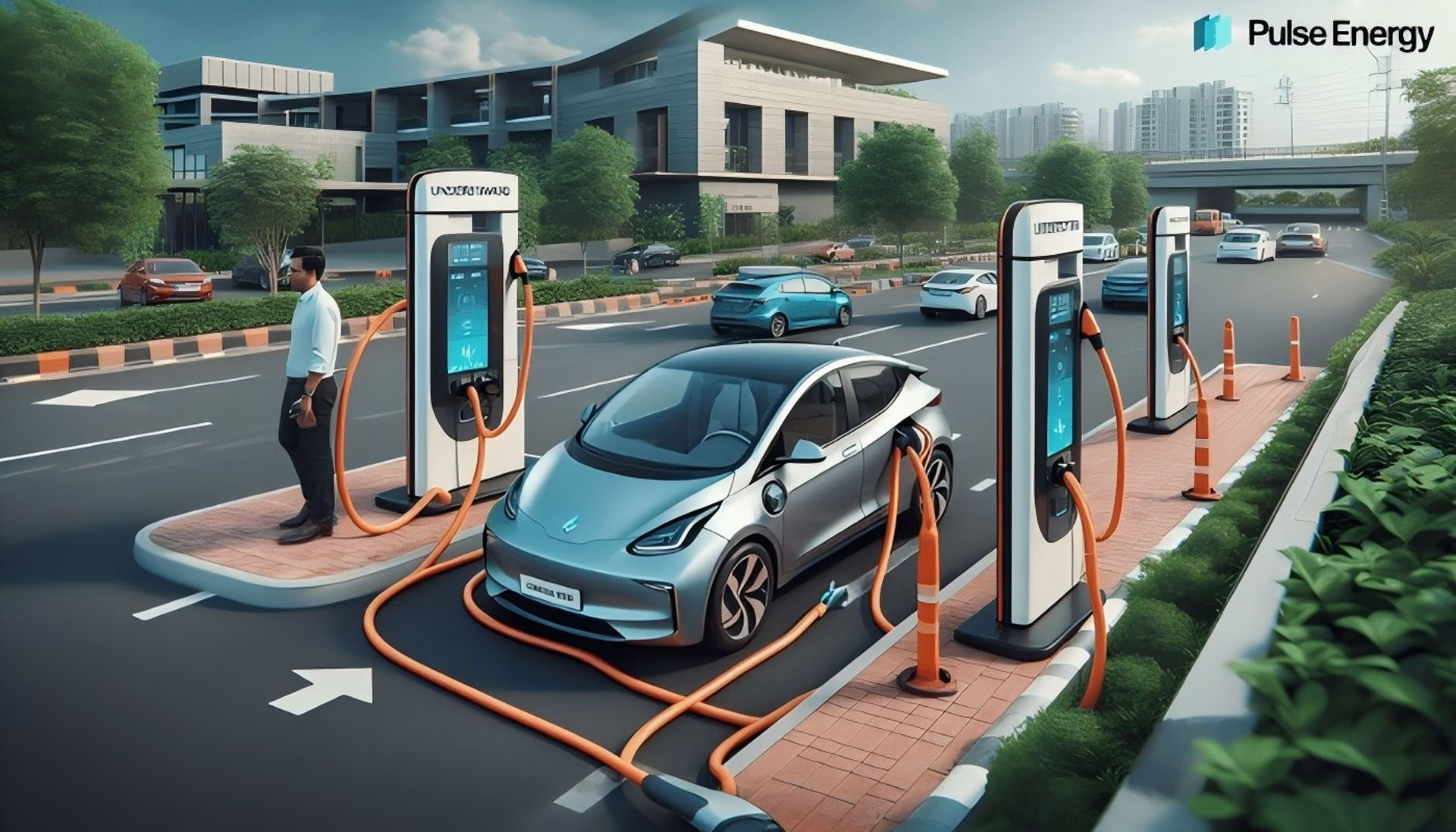The electric vehicle (EV) revolution is here, but what about the charging infrastructure? Will it keep up?By 2040, charging stations will be vastly more numerous, integrated into everyday infrastructure, faster, smarter, and more environmentally friendly. They will also support vehicle-to-grid technology and offer diverse business models.
I’ve seen the industry evolve, and there are many exciting changes. Let’s break down what the future holds.
Will Charging Stations Be More Prevalent in 2040?
Problem: People worry about finding a place to charge, especially on long trips. It can be a hassle.Charging points won’t just be at dedicated stations. They’ll be everywhere – lampposts, sidewalks, even in the roads themselves!
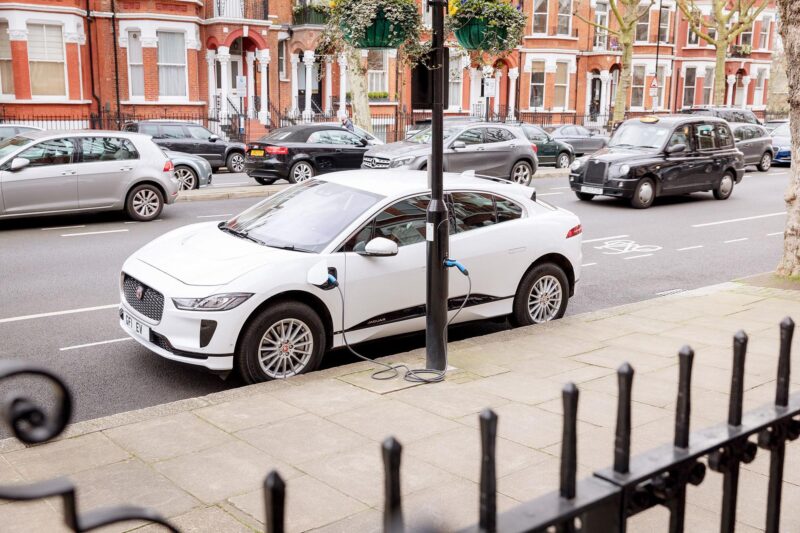
Think about it – charging will be like Wi-Fi. You’ll expect it everywhere.
- Home is Key: Most EV owners will charge at home. I think new buildings will have to include chargers.
- Workplace Charging: It’ll be a standard perk, like office coffee.
- Everywhere Else: Cities will get creative. We’ll see charging in places we never thought of before.
| Location | Type of Charging | Key Feature |
| Homes | Mostly Level 2 | Required in new buildings |
| Workplaces | Level 2 | Common employee perk |
| Public Spaces | Integrated everywhere | Lampposts, sidewalks, parking meters |
How Fast Will Charging Be in 2040?
Nobody wants to wait hours for their car to charge. It needs to be quicker.Ultra-fast charging will be the norm. Think 350kW chargers, maybe even 500kW+ for big trucks. The goal is to match gas station fill-up times.
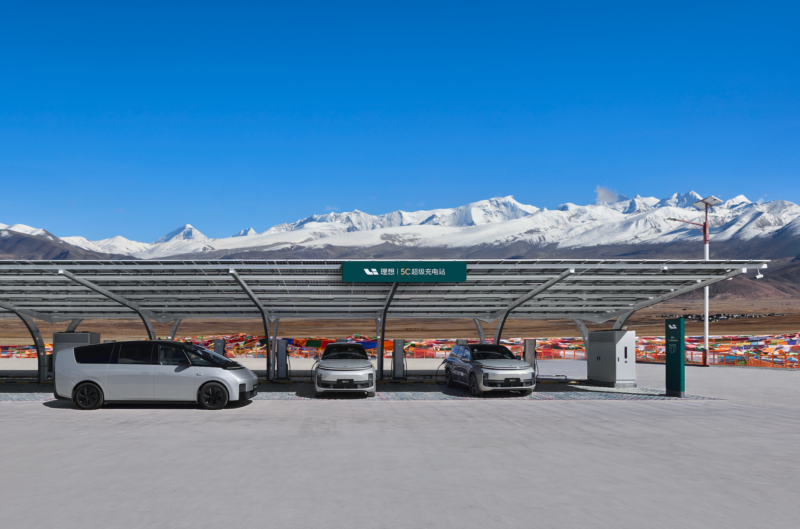
Speed is everything. We’re always pushing for faster charging.
- Megawatt Charging: For trucks and buses, we’ll need HUGE power – megawatt charging along highways.
- Smart Rates: The charging speed won’t always be the same. It’ll depend on the car, the station, and the grid.
- Battery Tech: As batteries get better, they can handle faster charging. It’s a constant evolution.
| Vehicle Type | Charging Standard | Key Feature |
| Cars | 350kW+ | Approaching gas station refueling times |
| Trucks/Buses | Megawatt (MCS) | Essential for long-haul electric transport |
| All Vehicles | Dynamic Rates | Charging speed varies based on multiple factors |
What Will Charging Stations Look Like in 2040?
Today’s charging stations can be clunky and inconvenient. Will they get better?By 2040 charging stations will blend much better into the enviroment.
- Design: Charging stations will move far away from just functional units.
- Locations Expect better lighting, and weather protection.
- Amenities: Expect restrooms at larger stations, and maybe even waiting areas.
Will Charging Stations Be Smarter in 2040?
The power grid needs to handle all these EVs. Can it cope?Yes! Charging stations will be deeply connected to “smart grids.” They’ll adjust to real-time energy prices and even help balance the grid.
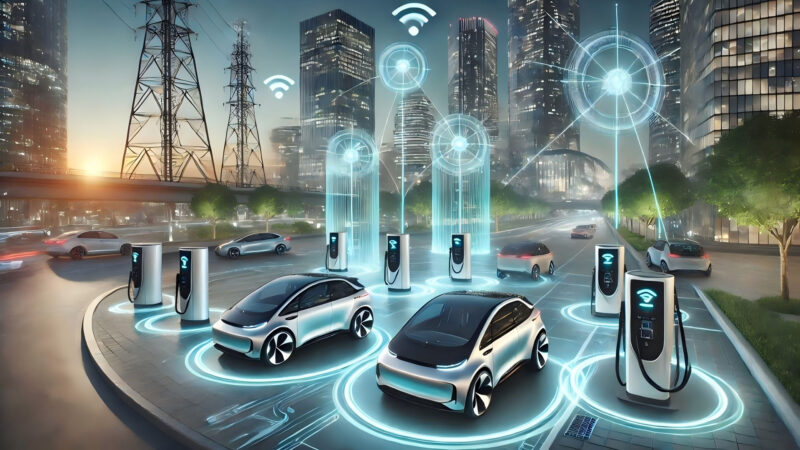
This is where it gets really interesting. It’s not just about charging from the grid.
- Vehicle-to-Grid (V2G): Your car can actually send power back to the grid when it’s needed. Your car becomes a mini power plant!
- Energy Storage: Big charging stations might have their own batteries to store energy and help during outages.
- Renewables: More stations will use solar power directly. I’ve seen this already, and it’s only going to grow.
| Technology | Function | Benefit |
| Smart Grids | Real-time price adjustments | Integrates renewable energy sources |
| V2G | EVs supply power back to the grid | Grid stability, potential earnings for owners |
| Energy Storage | On-site batteries at charging stations | Buffers the grid, provides backup power |
Will Charging Stations Be More Environmentally Friendly in 2040?
Electric cars are green, but what about the electricity they use?Charging stations are set to further embrace eco-friendly practices, and use sources such as solar canopies.
- Renewables: Expect to see more charging stations, directly powered by on-site renewable energy sources.
- Reduce carbon footprint: By using solar power, the overall footprint of charging and driving EVs is reduced.
- Direct Power More charging stations will use solar power directly. I’ve seen this already, and it’s only going to grow.
What Will the Business Model of Charging Stations Be Like in 2040?
Who will run all these charging stations? How will we pay? Expect big companies to dominate, like gas stations today. You might pay a subscription, like your phone bill.
It’s a whole new industry, and it’s changing fast.
- Consolidation: Lots of small charging companies will probably merge into bigger ones.
- Subscriptions: You might pay a monthly fee for charging access.
- Data is Key: Charging stations will collect data to improve services and maybe even offer new ones.
- CPOs will manage: CPOs will be responsible for maintaining the large projected growth of EV infrastructure.
| Business Model | Description | Analogy |
| Consolidation | Larger companies dominating the market | Gas station chains |
| Subscription | Monthly fee for charging access | Mobile data plans |
| Data-Driven Services | Using data to optimize and offer new services | – |
What Types of Charging Stations Will There Be in 2040?
Different vehicles have different needs. Will there be different chargers?Definitely! We’ll see specialized chargers for trucks, buses, delivery fleets, and even wireless charging.
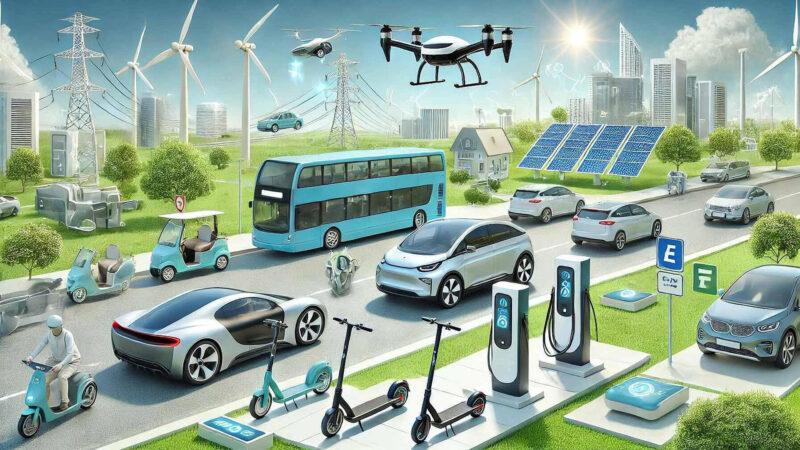
It’s not one-size-fits-all.
- Heavy-Duty: As I mentioned, big trucks need megawatt charging.
- Fleet Depots: Companies with electric vans will have their own special charging setups.
- Wireless: Imagine just parking and charging – no cables! It’s coming, especially for taxis and buses.
| Charging Type | Use Case | Key Feature |
| Heavy-Duty | Trucks, buses | Megawatt charging |
| Fleet Depots | Delivery vans, company vehicles | Optimized for specific fleet needs |
| Wireless Charging | Taxis, buses, autonomous vehicles | No cables needed |
What features will urban public charging stations have?
There will be several use cases for EVs, like: City Public Charging Stations, Large Commercial/Office Areas, and at Dedicated Charging Stations for Car Manufacturers/Platforms
- City Public Charging Stations: Will be easy to locate and use.
- Intelligent Management System: For monitoring the operational status and charging progress of charging piles in real time.
- Multiple Payment Options: For ease of use.
How Will the Safety and Reliability of Charging Stations Be Ensured in 2040?
With so much electricity, safety is a big concern. Also, will chargers be reliable?Reliability will be much better, with remote monitoring and even self-healing capabilities. Safety standards will be very strict.
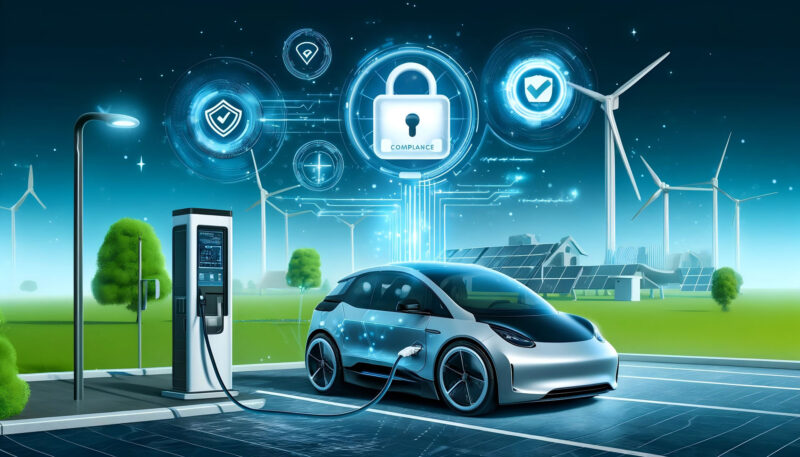
We take safety very seriously. It’s our top priority.
- Constant Monitoring: Charging stations will be watched 24/7 to prevent problems.
- Cybersecurity: Protecting against hacking will be crucial.
- Tough Standards: Everything will be built to the highest safety codes.
- Improved Reliability: A Major focus will be on improving the reliability and up time of charging stations.
| Safety Aspect | Solution | Key Benefit |
| Reliability | Remote monitoring, self-healing capabilities | Less downtime, better user experience |
| Cybersecurity | Strict security protocols | Protection against hacking and data breaches |
| Physical Safety | High safety standards, constant monitoring | Prevents accidents and ensures safety |
Conciusion
The future of EV charging is bright, I am sure of it. Charging stations in 2040 will be everywhere, fast, smart, green, and reliable. They’ll be a key part of a cleaner, more sustainable world.

